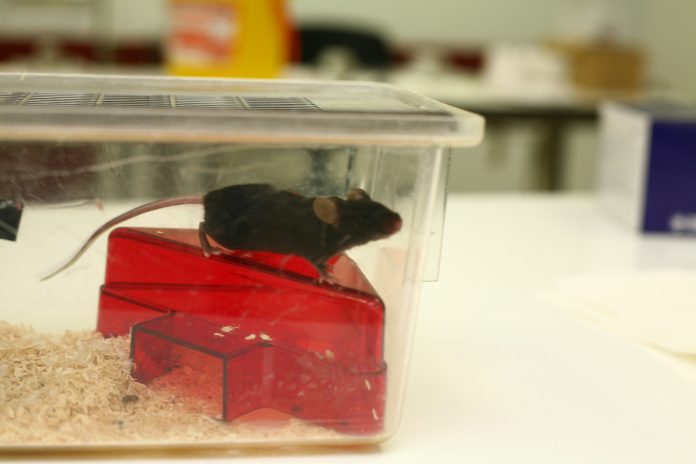The European Parliament has called for a worldwide ban on animal testing. MEPs on May 3 called on Brussels to launch a diplomatic drive against testing cosmetics on animals before 2023.
While the sale of animal-tested cosmetics was banned in the EU in 2013, MEPs noted that this has not prevented the EU cosmetics industry from thriving and providing around 2m. Most countries (about 80%) worldwide still allow animal-testing and the marketing of cosmetics tested on animals.
The resolution approved by the European Parliament calls on EU leaders to use their diplomatic networks to build a coalition and to launch an international convention within the UN framework. The ban should be in place before 2023, they said.
According to the Progressive Alliance of Socialists and Democrats (S&D) Group in the European Parliament, the EU has proved that these cruel tests are unnecessary.
The bloc stopped the testing of finished cosmetic products on animals in 2004, and ingredients in 2009. This was followed up in 2013 with a ban on the importation and sale of any new cosmetics tested elsewhere on animals.
“More than half a million animals are used annually in worldwide cosmetics testing. This suffering is unnecessary and it is wrong. Alternative testing methods are very advanced, to the extent that non-animal methods are more accurate,” said S&D MEP Miriam Dalli, one of the authors of the resolution. “Humane alternatives to animal tests can include simple organisms like bacteria or human tissues and cells, as well as sophisticated computer models. It simply makes no sense to continue causing unjustified pain to animals.”
In a similar vein, the European Conservatives and Reformists (ECR) agreed that testing cosmetics on animals needs to stop. The group’s environment spokesman Boleslaw Piecha said: “It’s hard to believe that 80% of the world still permits cosmetic testing on animals and the UN now needs to step in and help bring about a global ban… Our ban won’t count for anything if products tested on animals still find their way on to shelves in the EU and we need to step up efforts to ensure this doesn’t happen.”

